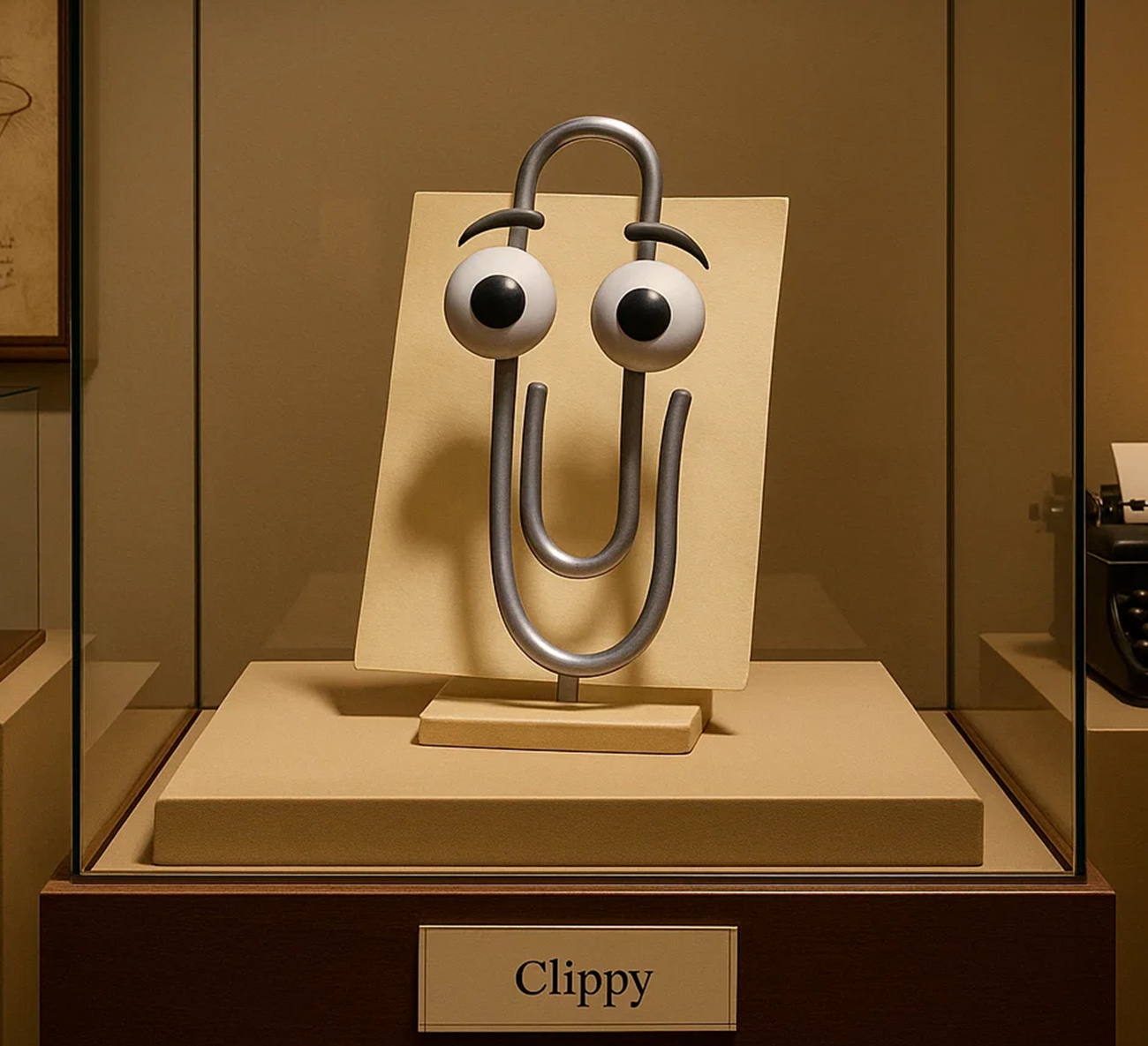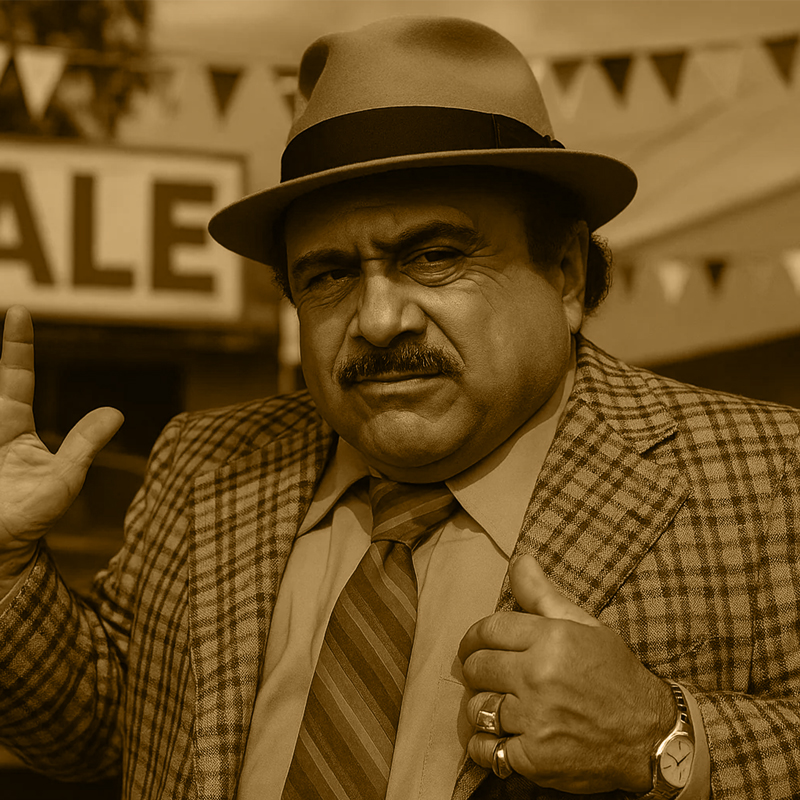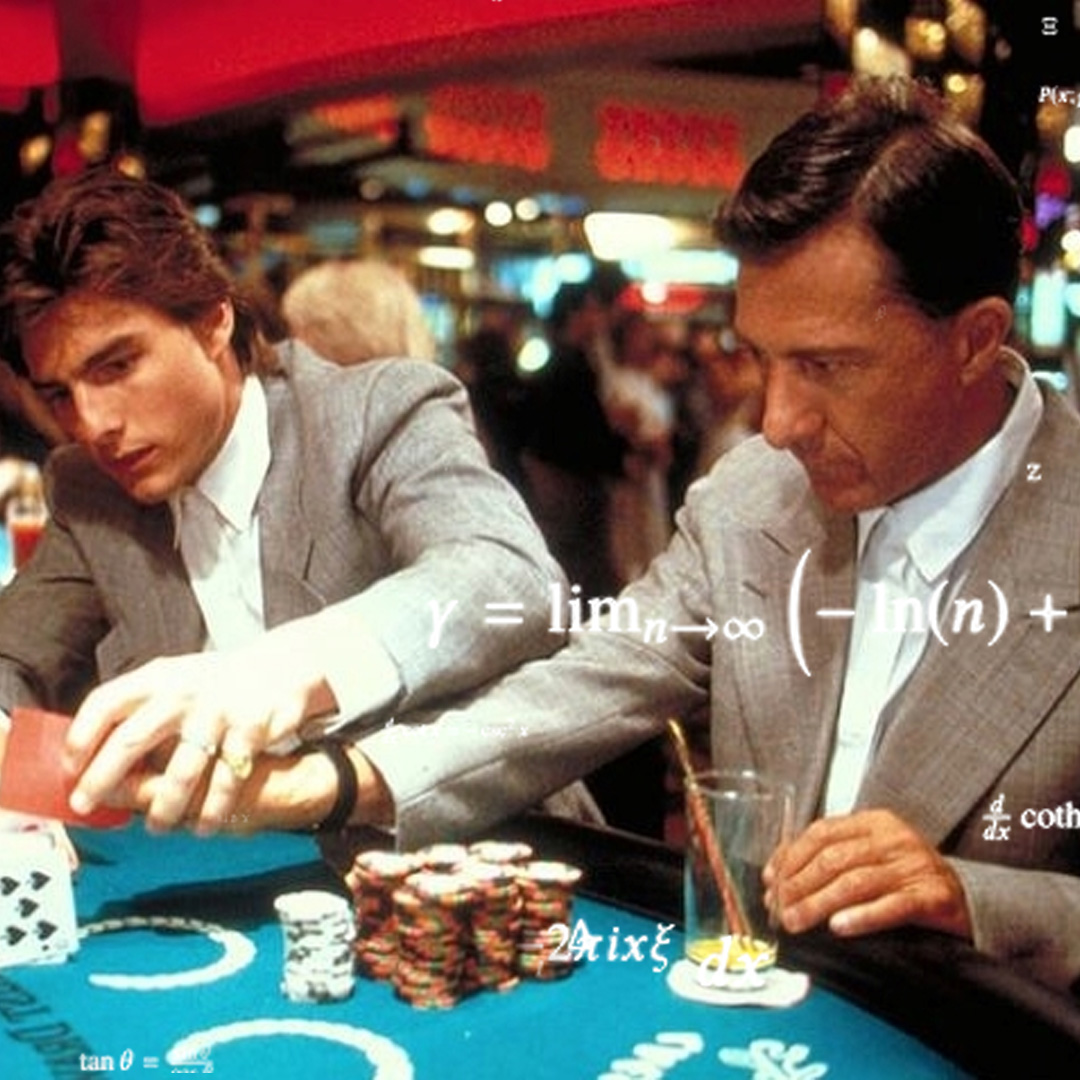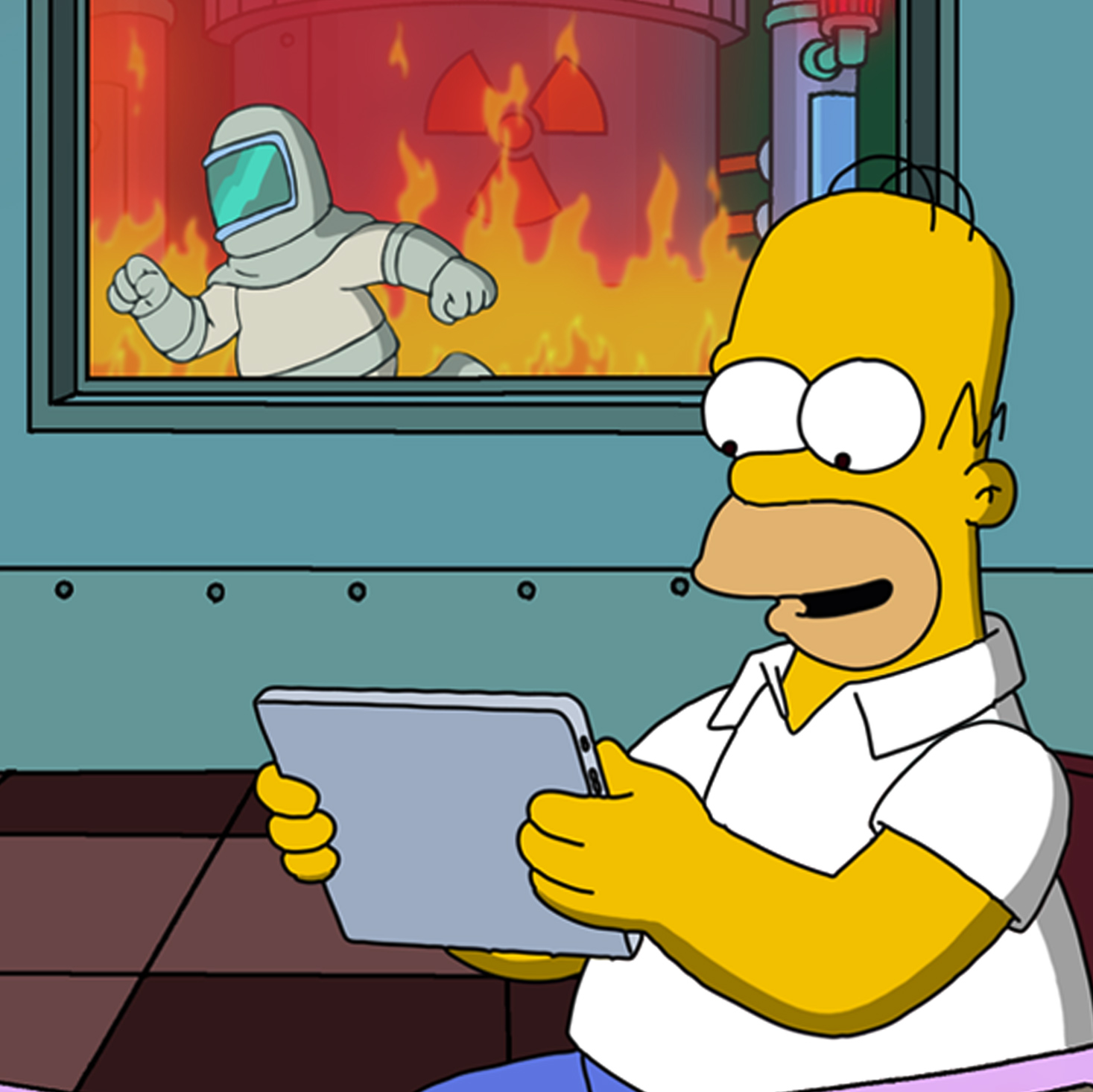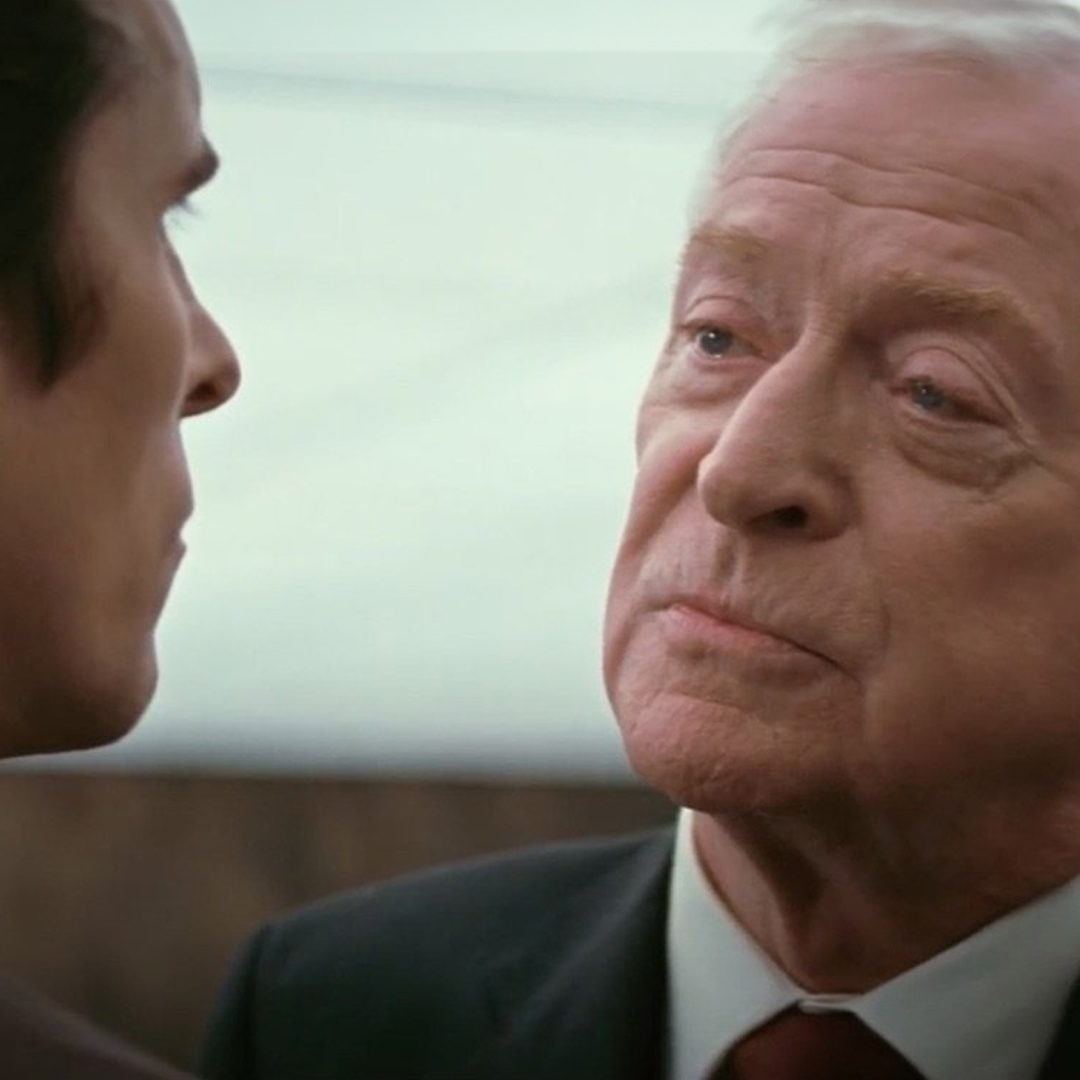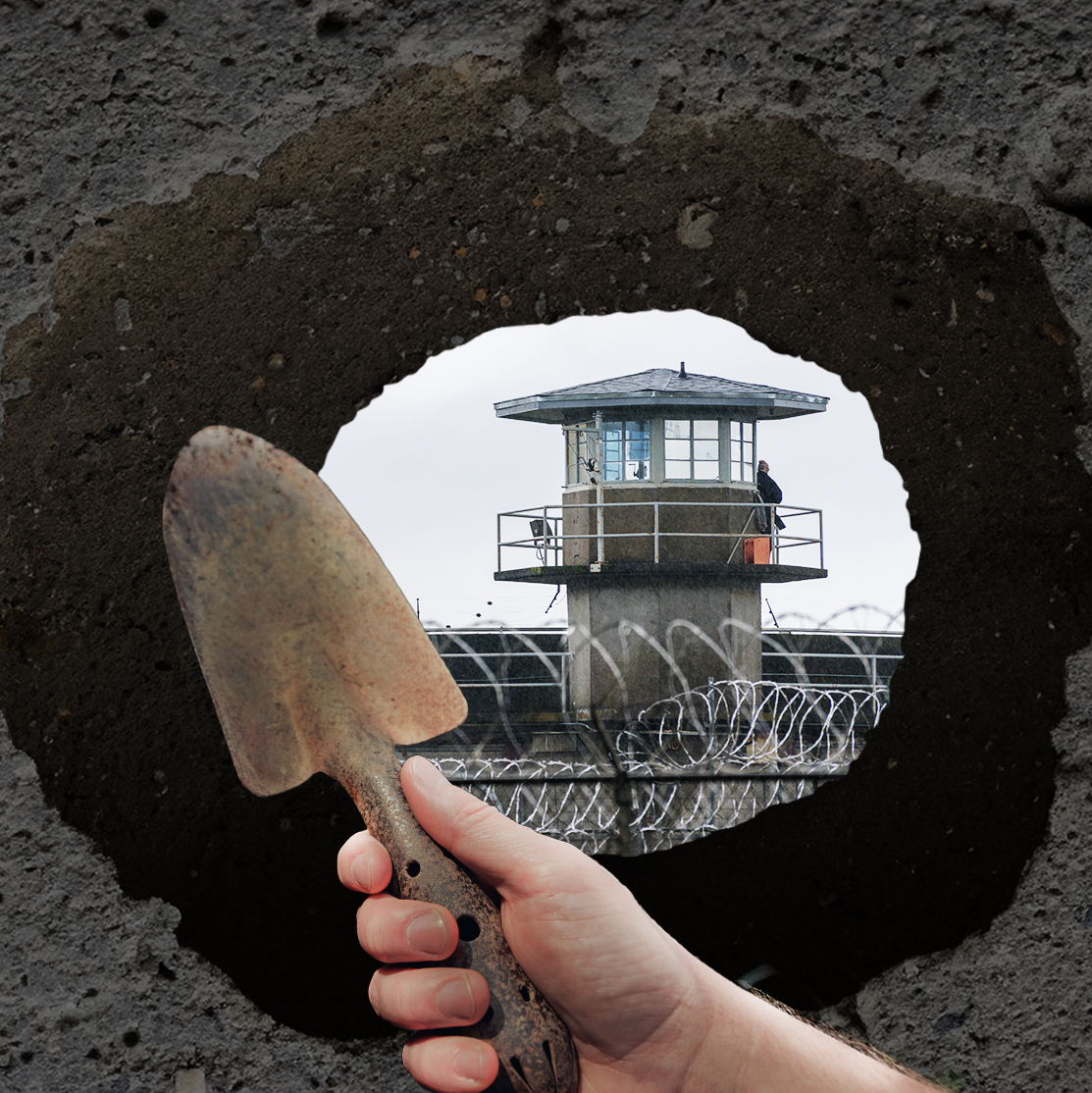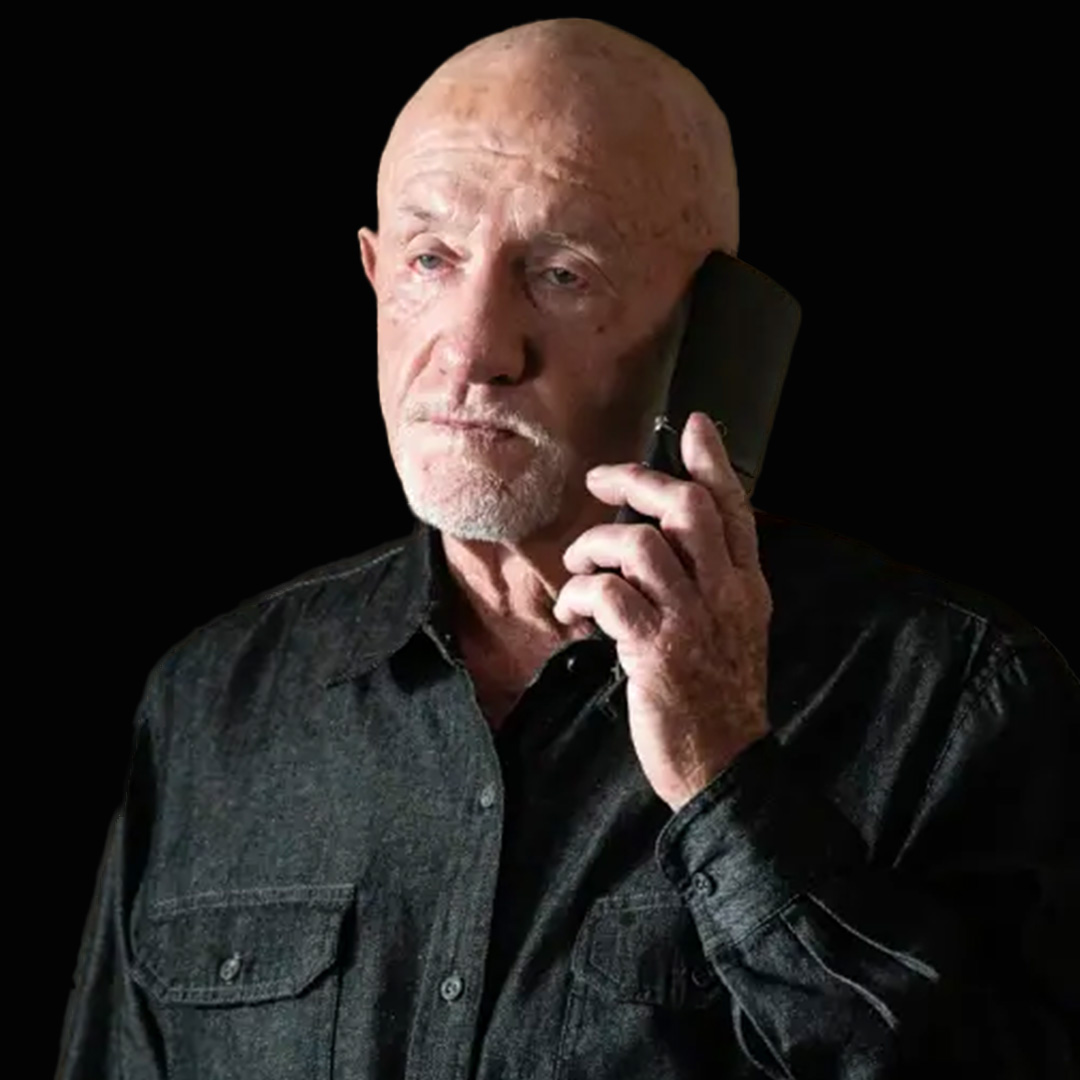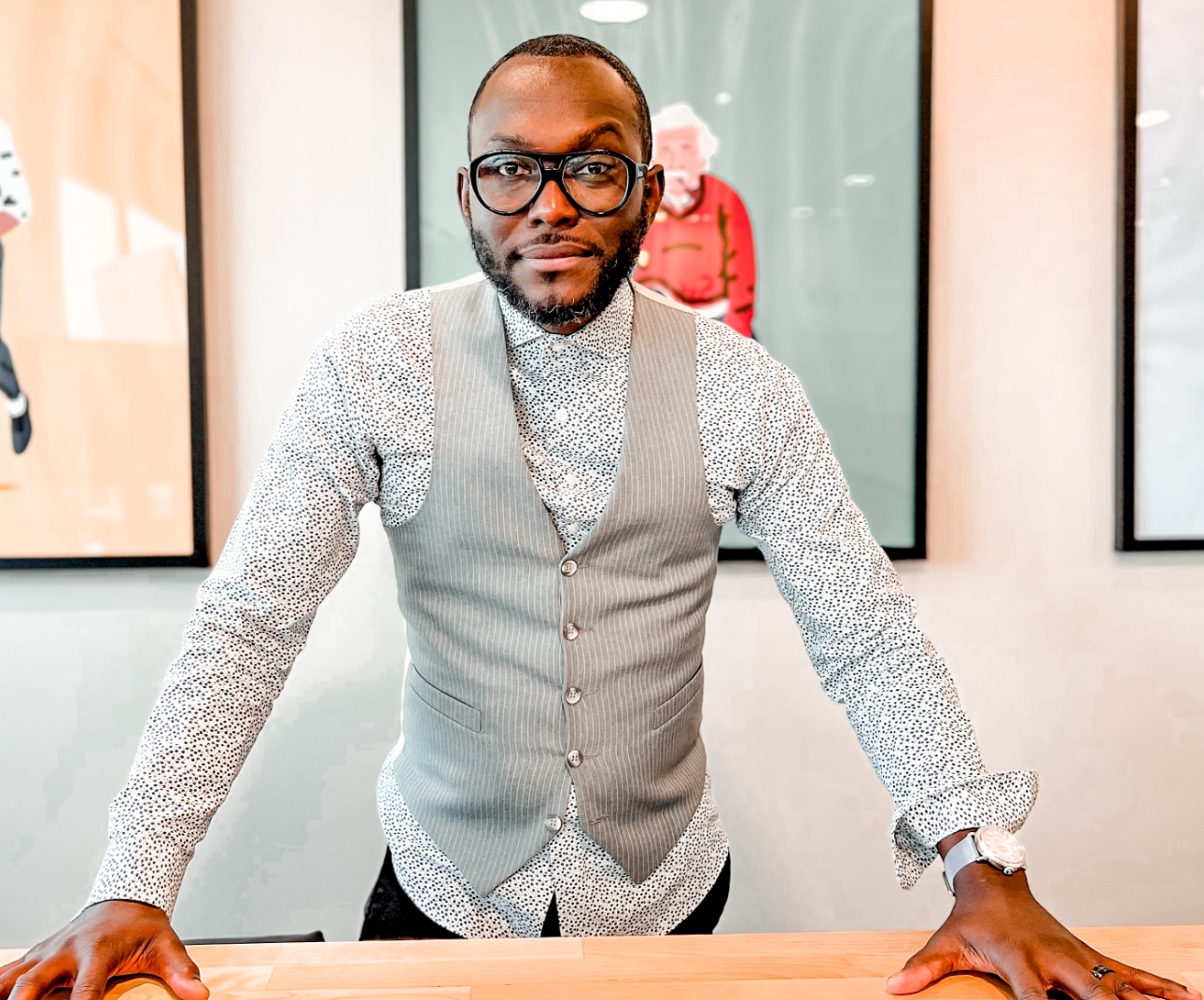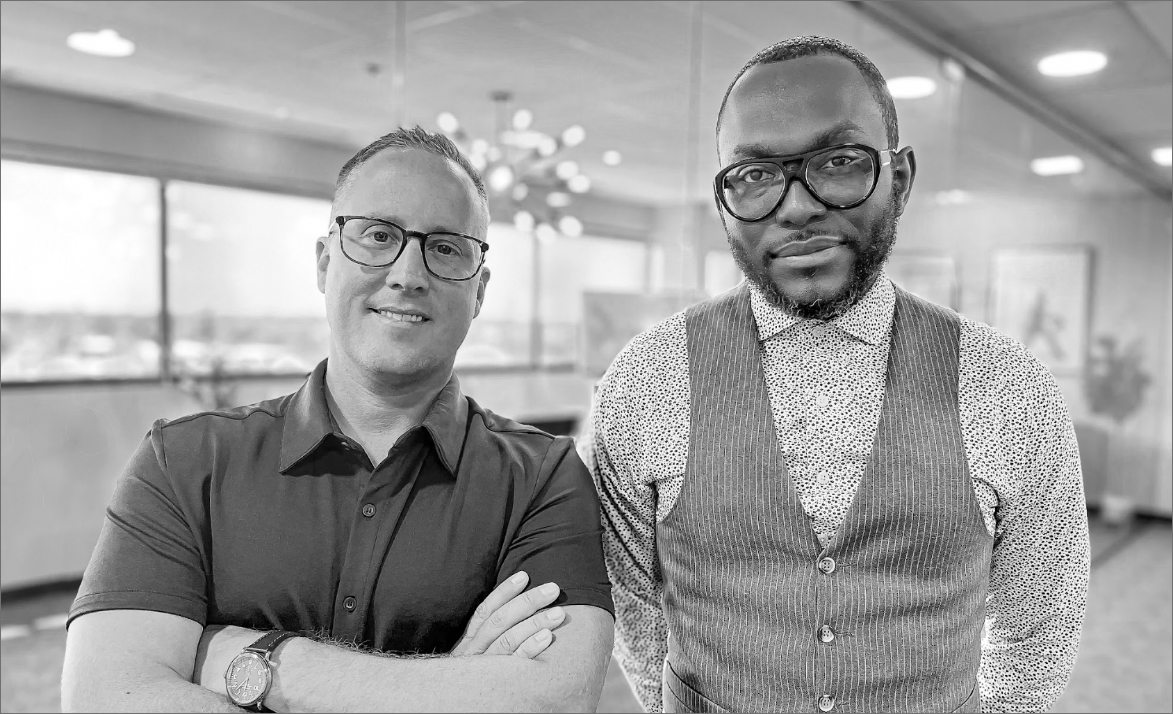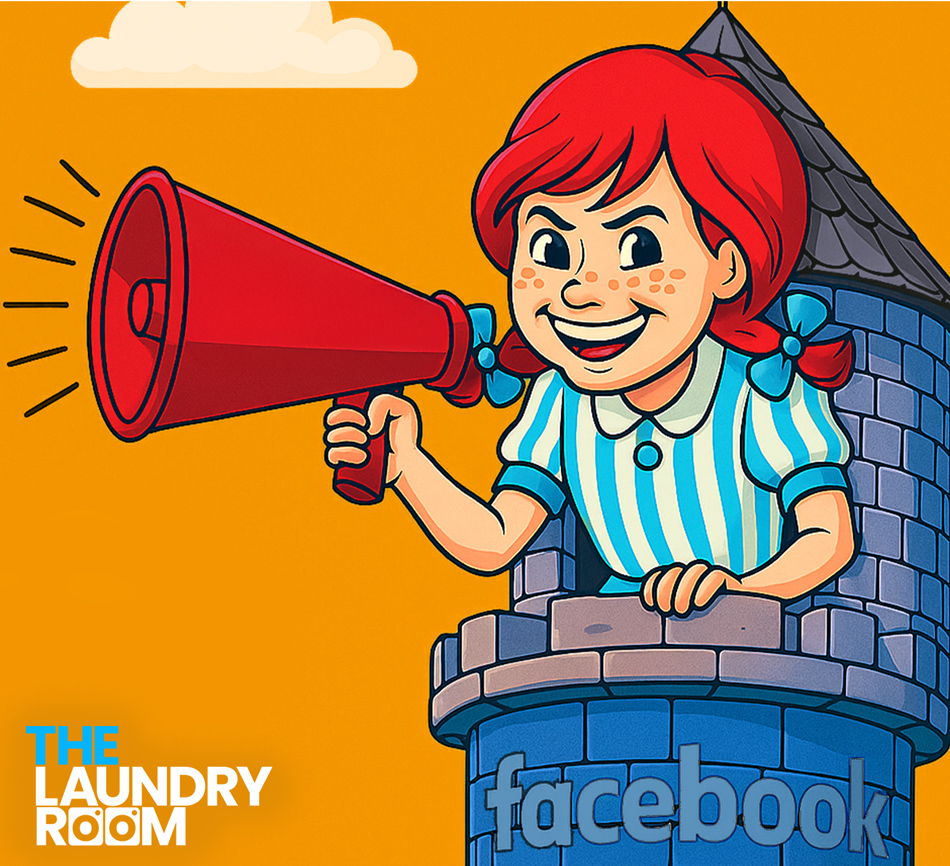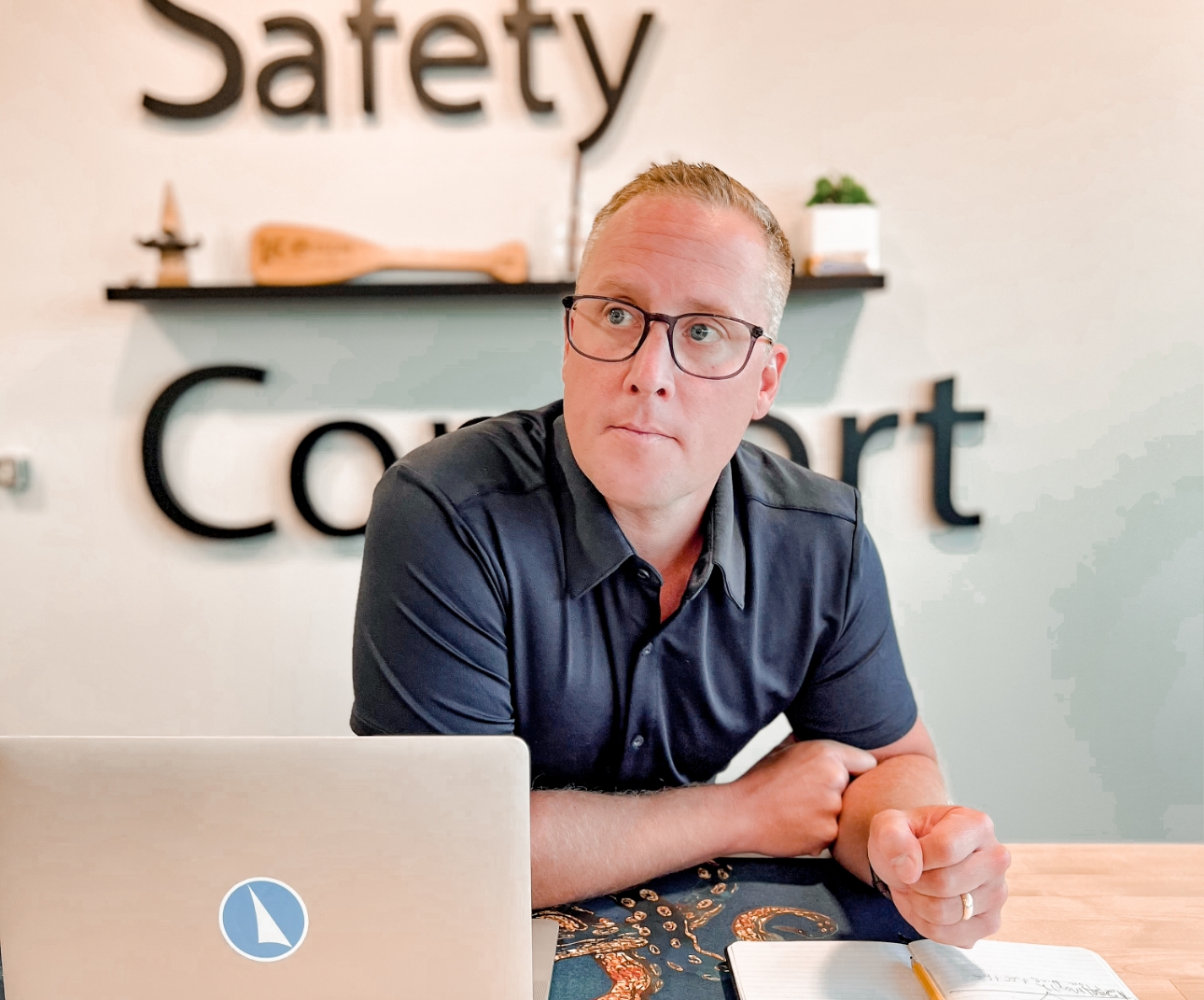00:08 – 00:35
Where are we at? What is this? This is The Laundry Room.
Welcome back to The Laundry Room. Today, I’m Nick Skislak.
Michael Taylor.
Today, we’re going to talk about winning business. Let’s talk about winning biz. Why do we win biz?
How do we win biz? We spoke last time a little bit about how to lose accounts. Why does it fracture?
00:35 – 01:01
Why does it end? But maybe this time, we can talk a little bit about winning. I love winning new business.
I don’t think there’s anything better in life than winning a new piece of business. It is like the greatest buzz that I’ve discovered thus far.
Better than your bud light?
Better than bud light. Yes, definitely. Maybe, you know what it is?
Winning a new piece of biz and then cracking a bud light.
01:01 – 01:24
Like putting those two things together.
Oh, there you go.
There’s nothing great. Nirvana. Nirvana.
New biz junkie? Am I a new biz junkie? I got a little bit of junkie in me.
No doubt about it.
No doubt.
No doubt about it. And maybe we talk specifically about winning new business as a small firm, small agency, small business.
01:24 – 01:48
Because usually the impact of winning business as a small company is felt differently, felt greater than if you’re a behemoth of a business.
Yeah, you get to share it with the people that are already there. When you get the big biz at the big agency, it requires new wings, wings to be put on the building, new hires to be created.
01:48 – 02:11
So, you know, there’s obviously some shuffling happening at bigger shops.
But like, it really means, what is it? Kind of a pain in the neck for the top tier to go build the squad out of what’s required. Here, small shop, we get to all share in it, right?
We’re all doing it together. So I think people are a little more vested into it.
02:11 – 02:36
It’s a more shared, like when we win new biz here, it’s like we ring the bell and everybody’s pumped and everybody high fives in, you know, bigger shops, bigger companies.
Like, I don’t know if it’s company-wide celebration. Like, sometimes you do it and people don’t even know.
Yeah, and I think that perspective is a, that’s a whole conversation in itself.
02:36 – 03:05
Do you remember when we won on an existing account, we won new business within it? So it was a land and expand opportunity.
And here we are, there’s a few of us high fiving, excited about what was coming. And I remember hearing somebody on the team say, man, you guys see new business and high five. I see new business and I just see more work.
03:05 – 03:25
And it was pretty sobering to hear that other side of the coin that this person was sharing, that they weren’t celebrating the way that I was, the way that we were.
Well, and that is the back half. So you have this like nirvana period of getting new biz, and then it’s immediately followed by the, oh, holy cow,
03:25 – 03:59
we’ve got some serious work to do. So yeah, it’s not a long lasting, the celebration, I wouldn’t say, because it does, it means more work.
And certainly at a shop like ours, it literally means that. It’s not going out and hiring a bunch more people necessarily.
Yeah. You know, I know our show is really about the behind the scenes look or the conversations that few people have publicly about what happens in marketing,
03:59 – 04:28
particularly. With us being a growth marketing agency, our experience has been about trying to find meaningful conversations with potential clients that we can pull into our fold, deliver value to them, do good work, feel good about their work, hopefully build a relationship with that client, and get married.
Be married to them forever. The reality is, it doesn’t go that way.
04:28 – 05:01
That usually when you win business, there is a fairly decent job early on at alignment.
Client says, I know I need help. I might not know what that help is, but I know I need it. Company or agency says, we can help you figure that out, and then do it.
There’s an alignment that happens. And for us, the, I know half the fun is the prospecting, going out, having those conversations.
05:01 – 05:25
Some of them are good, some of them are not so good.
Some of them are chameleons, right? And you think it’s going great, conversations are growing great, and then it just disappears.
That’s my, I can’t remember who told me back in the day, talking about new biz, like agency new biz, and he said, you gotta kiss a lot of frogs.
05:25 – 05:54
Yeah.
You gotta kiss a lot of frogs to find out. Yeah.
And, but the, that moment when client says, yes, let’s do this, you’re the guy, you’re exactly what we need. We want to try this out. Maybe we talk about the, how that happens.
And we’ve, I know we practice this a lot. We do a lot of new biz together. And in those moments, it is,
05:54 – 06:16
it’s an art, as much as it is a pragmatic science.
Man, that is the truth. I wish it was not so sometimes, but I think of it, there’s like the technical side. So there is the, hey, do we think these guys have the chops?
Like, have they done it before? Do they have a proven track record of success?
06:17 – 06:54
Do they have the tools in place to be able to accommodate my needs?
So that’s all the kind of tech infrastructure things that is a real check the box kind of thing. Which for the most part, I think we do a really good job of. I think most agencies do a really good job of.
The kicker, the other side of that coin, that is the relationship. That is, call it camaraderie, trustworthiness, attitudes, personalities, all these intangible things that make up, hey, not only I trust this dude, and he’s got the track record,
06:54 – 07:14
he’s cool. I believe him.
I think he’s going to do great things for our biz because he’s kind of like this, and we’re kind of like this, and I think we can do some great things together. Those kind of fields, that’s what we try to navigate, try to meet, try to express,
07:14 – 07:42
certainly. Like I think that’s part of what we’re doing here.
Like at least get to know who we are to say, hey, these guys are not just educated. I wouldn’t say it’s just that, but hey, they’re personable, or these guys are a couple of nerds. I don’t want, these guys ain’t taking it to the next.
Cool, right? And that’s where I think when we go through the new biz process, that’s the heartbreaking part of when you don’t get it. But to get it, to win it,
07:42 – 08:05
I think just as much of the technical, it’s maybe even more so on how were you able to build a relationship with the people that were buying over the time period.
And from an RFP, if they’re looking at multiple agencies, you get a couple, maybe a month, right?
I kind of look at this in three ways then, or three considerations.
08:05 – 08:32
Do you have the chops, right? It’s why you’re at the table.
You’ve been deemed credible enough to come to the table because it looks like you know how to do what we need. So you check that box. And you’re right.
I think most companies, most agencies, they do a decent job at checking that box. That second box of likeability or the sniff test.
Likeability.
08:32 – 08:57
I like that.
Do I like you? I’m sitting across the table from you as a client. I’m hearing you speak.
I’m watching all of your isms, right? I’m watching your attention or your fidgeting or your listening, speaking over me when I’m talking, right? All of these things that have very little to do with,
08:58 – 09:18
do you have the chops?
Everything to do with, do I like this person sitting across from me? And clients don’t give that box enough weight, because they put a lot of stake in that, and they don’t talk about that.
Heck no. No, I don’t think you can. Can you?
Well, it’s an awareness thing. I think most of us, it’s an awareness thing.
09:18 – 09:39
I told you about my trying to get the house pressure washed.
Yeah.
I want to get the house pressure washed. I go online, Magnus, to find a guy who can come out and pressure wash the deck, pressure wash the house, spring clean. Because it was either find somebody who could help me or buy the machine.
Remember, I asked you if you had a machine.
09:39 – 10:14
I don’t want to buy a machine. I find two guys.
I email both of them. One guy texts me immediately. The other guy, still haven’t heard from him.
Never heard from him. So his name’s Terry. Get Terry on the phone.
And Terry’s old school, man. Old school sales guy. And he’s giving me the dog and pony about how he does all of the prep work.
10:14 – 10:35
And man, I use hot water. I don’t use cold water. I’m using non-abrasive solutions.
He’s just giving me the rundown. I’ve been doing this for 20 years, man. I’m going to come and I’m going to take care of you like it’s my house.
I’m sold. And I’m like, you know what? I like Terry.
Terry talks a lot.
But that’s all good.
10:35- 10:58
He’s passionate about power washing.
And I can imagine that for a different person, they might have been annoyed by Terry. Hey Terry, man, you got to get off my phone. I just wanted to know what your price was, availability was, what does it look like?
But he was very passionate, very thorough in how he shared what he shared.
In his lane, too.
10:58 – 11:16
I think that’s what I try to pay attention to, too. Like, it’s easy when you’re in the sales seat to get, hey, kids, oh, you got kids, I got kids.
Oh, you’re married. I’m married. You’re a homeowner.
I’m a homeowner.
You know, you want to kind of build this inauthentic relationship. But doing that too fast, that ain’t the key either.
11:16 – 11:37
For Terry, Terry knew his lane.
He ain’t going to come out and critique your landscaping or tell you you need new windows or, hey, this garage door or, you know, he ain’t into that. I’m going to transform your life with my power washing.
That’s it, man.
And that is, that’s good. That’s good salesmanship.
And so he passed the sniff test.
11:37 – 12:19
Now, I take for granted that Terry’s actually good at his job.
Sure.
We’ll see. You know, he shared some work with me. I’ve seen his work.
Looks good. I wouldn’t be on the phone if I didn’t think you couldn’t do the job. But that likeability box, being able to, as a business, account for that when you’re across the table or across that phone line talking with the client, knowing that that’s a box that you have to check.
And making sure that you have some type of clarity from the prospect of how well you did.
12:19 – 12:38
I think to buyers, you know, talking about the two technical side versus relationship side, and clients looking, they don’t really put a lot of weight in it. And I don’t know if they could. I don’t know how you would.
Hey, these guys dressed good. Hey, these guys smelled good. Hey, the tone of their voice was great.
12:38 – 13:12
I don’t know. I don’t know if you could do that. However, what I do think happens a lot is too much weight unspoken, by the way, is put on the relationship piece.
And you kind of look over the tech side. The chops. So, property management company, looking at property management companies up north, it was the total opposites, the two companies I looked at.
Two very, I’ll say, square gals that were by the book. A little standoffish, a little curt, short, and precise.
13:12 – 13:40
And then you had local, too.
You know, the local hometown northern Michigan team. And then you had, and then the other guys that I was bidding against or looking at was a dude from britain in Camden to Michigan trying to take over the real estate game. And he was the bomb.
13:40 – 13:59
I liked him. I liked the way his voice sounded. I liked the clothes he wore.
I liked his follow up. I mean, he checked all the boxes on persistence and telling me, hey Nick, we’re gonna get this and it’s gonna be great. And I’m gonna take care of everything.
You don’t gotta worry about it.
13:59 – 14:20
So when I’m stacking them up, now the gals had probably more experience. They had a bigger book of biz.
I liked the guy. Now we’re in it a little bit, and we’ve got some issues happening. We’ve got some issues.
So, and it is for me overlooking some of those, hey, are you guys familiar with properties that look like this and are in these kinds of spots?
14:20 – 14:41:08
And, you know, what can I… I kind of glossed over that, just kind of, hey, they’re in biz.
They know what they’re doing, right? So, paying attention to who you bring to the table and then really evaluating what they bring to the table I think sometimes can get overlooked if you… The relationship piece trumps it.
Man, I really like him.
14:41 – 15:09
He’s got a social media presence. The other team didn’t.
Like those kind of things, I was like, all right. Yeah, he’s got an email newsletter. He’s got a WhatsApp channel for his clients.
Like these were all bells and whistle things that I further supported my liking him narrative.
So if you’re a client, the responsibility to check both of those boxes,
15:09- 15:33
what line of questioning do I need to be prepared with as I’m evaluating an agency, a business, to take on this work that I have? And I share with our team all the time, and there’s some tales from the client side, that when they ask certain questions or certain phrases, it’s a tale that they don’t know what they’re talking about.
15:33 – 15:52
And so you have to, on the business side, you have to know that, that sometimes client doesn’t know what they don’t know.
And that’s why you’re there in the first place.
Yeah, yeah.
But to play that and not give them the, what are you talking about, what? That doesn’t make any sense.
15:52 – 16:31
And I think we’ve done, it’s been easy, easier to look back at perspective meetings we’ve had and won or lost and identify why. Right, I think the ones we’ve won, we did a good job of balancing those first two buckets of, do we have the chops, how do we prove that to client? How do we navigate their inability to ask the right questions at times to get to what they care about, identify what their goals are, and show them that we have the chops?
16:31 – 16:51
And then, how do we check the box for the likeability side?
And I think that even varies too on how important is that, because some of the clients that we have, there’s almost zero relationship. I won’t say there isn’t because we communicate on a call it monthly basis, but like, it is a straight up biz call.
16:51 – 17:12
There is no, how’s it going?
How you been?
How are your kids?
Yeah, no, it is, we got 40 minutes scheduled, gentlemen, let’s get to work. And that’s cool too, right? You meet them.
I think you got to meet people, certainly as an agency, we want to, I’ve always been hot on trying to meet them where they are, not have them meet me where I am.
17:12 – 17:36
So I think that’s part of being in the sales side, not the buy side. So us being a bit of a chameleon as well, right, of adapting to what their needs are and where they put value, I think that’s a big piece.
Some of the clients we have, it is important. There are deep relationships that funny text messages are sent off that aren’t related to any work thing,
17:36 – 17:58
right? Like, hey, hope the soccer game goes good this weekend, or how’d you do?
Celebrating birthdays.
Yeah, how was vacation last week? I know you went to some people, you don’t even know.
Right, right. Yeah, and when you do a decent job at that balancing act, that art, it makes it easier to get to closed
17:58 – 18:24
biz. Closed one biz with that prospect.
And then the work starts.
Then the work starts.
And you do that. But the, man, I just think back on all of the opportunities that we’ve had where halfway through it, we’re like, this is a, this is a layup. We’re going to get this, no problem.
And you just get smacked in the face.
18:24 – 18:45
Nope, we’re going in a different direction. And then you have to do that, that, that retrospective.
All right, where did we miss it? Where did we go wrong? And sometimes it’s you, sometimes it’s client.
Client didn’t know what they were asking for. And it, in that…
That always feels better. Yeah, yeah.
Well, especially when you can help them come to that realization.
18:45 – 19:06
That sometimes…
We saved them some time.
We saved them time, yeah.
We saved them some money.
Hey, you thought that you needed us? Come to find out, you don’t.
Yeah. You need this.
And man, how many times have we had people come full circle?
Well, you know, I think that’s a big piece of this, of getting, like us, certainly us, winning business, has been from having that posture.
19:06 – 19:37
We’ve never, we talk a lot transactional versus relational. Like, we’re not an agency looking to have relationships support transactions.
We’re an agency looking to have relationships supported by transactions. Did I say that right?
No.
I said it backwards. So, foundationally, being in the relationship bucket, hopefully someday, right? We never meet anyone and it’s like, all right,
19:38 – 19:59
if we can’t close these guys in the next 30 days, heck with them.
No, it’s a guiding of, all right, what are you looking to do, man?
Because whether a client says it or not, all of us want to do business with people that we like. We need the business that we employ to do a good job.
19:59 – 20:30
That’s table stakes, though.
Of course you’re going to do a good job. That’s why we hired you. But we want to enjoy the process.
And we’ve had a lot of examples of this. There’s a client that we have now that I know better than I did years ago when we’re doing a good job. And it has less to do with did we actually do a good job.
And more to do with did they enjoy the process while we were doing the job.
20:30 – 20:57
That’s the great. It’s, do I feel good about what’s happening?
The cadence, the communication, the you guys looking around the corner for us, telling us what’s coming next, telling us where the sand traps are. It’s more about that than sometimes, oftentimes it is about the actual work. And in the sales process, that new biz process of being able to win business, it’s the same thing.
20:57 – 21:23
It’s being able to present that balance between we know what you’re going through, we’re empathetic to it, we have a plan. Here’s how we get to right. Oh, by the way, we want you to like us too.
We enjoy doing this work, we believe in what you’re doing, and you’re checking all of these mental boxes for the client that sometimes they’re unaware of.
21:23 – 21:43
If you don’t check those boxes, it doesn’t matter how good of a plan you have about the work, they’ll come back with some reason to not move forward.
Well, and that’s why I think we’ve always tried to stay, and we did this years ago by not just sticking to our one trick. And we started kind of widening the aperture of the work that we did, because
21:43 – 22:10
if you’re only in a transactional engagement, there’s no real way to grow that. If there’s no relationship aspect to the engagement, you’re an invoice.
You’re a… At best, you’ll be a cost of goods sold, right? You’ll be integrated into a machine that they’ve deemed so important that they don’t even think about.
Important enough that they just keep paying it and don’t think about it.
22:10 – 22:32
But that is just so rare. I just think that’s such a rare position to have any longevity in.
Like, to be able to retain that for years, man…
certainly in the service biz. You know, I know we talk often about…
Productizing.
Productizing or what other business…
But even that, man. Like, even on that stuff, that’s hard. That’s hard to…
Websites,
22:32 – 22:53
websites are the closest thing to a product. And how many of those do we do that are strictly transactional next to zero?
Yeah. Well, you have some SaaS products. You know, I think of the HR platform that we use, that we’ve had for years, and…
Haven’t talked to anyone.
Haven’t spoken to anyone at that business.
22:53 – 23:21
Yeah. QuickBooks. That’s another one.
That’s another one. Yeah.
Haven’t needed to talk to them in a long time.
And so, there is that balance, I think, and maybe difference depending on the business you’re in, where you don’t have to rely as much on the voice-to-voice, face-to-face relationship. Now, I think QuickBooks would argue, we’re closer with our clients than anyone. Because we’re all in your finances.
23:21 – 23:42
Yeah, totally.
Right. We know all the dirty laundry.
That’s a one-way relationship. We know you, you don’t know us. Yeah.
That’s a good point, maybe. Even on the bamboo, the HR thing, we’re with those guys because no one else is convinced us not to. But how easy would it be to come steal us?
23:42 – 24:02
Wouldn’t be that tough. I mean, I don’t know of another QuickBooks, nor with a bamboo, but how easy would it be for a new brand to come in and establish a shred of a relationship or a shred of a differentiation of how they’re a little bit better, that we would be like, hey, yeah, what are we tied to?
24:02 – 24:22
Like there’s no, oh man, we can’t.
Cindy was there for us, man. When we needed this, she was there. And those guys always, when we need them, they’re there and they’re reaching out.
And I don’t hear from any of those guys. Bamboo ain’t sending me no e-mails about…
24:22 – 24:53
Maybe we talk a little bit about how today’s, the new client today may not care about that voice to voice, face to face, that handshake. You know, we’re shaking fewer hands today than we did 10 years ago, like physical hands.
Two, four years ago.
Yeah, yeah. There’s more business being done now. Larger engagements too.
Over phone, over e-mail, where deals are being signed.
24:53 – 25:17
I think it’s just replaced though. I think it’s different. I think it’s still, it’s not a handshake anymore.
It’s a text message. It’s not a face to face. It’s a go-to meeting.
It’s not a, it’s a voicemail. And I know those are crazy too. But these kind of, I think that frequency still matters, but I don’t think we’re allowed the same mediums.
Face to face, handshakes, phone calls.
25:17 – 25:39
Yeah, right. It is a power move.
If we’re in an engagement trying to get a new client, and we get their cell phone number, which is so common now, which is kind of surprising to me, how that was just, it was always an office line with an extension, you know, eight years ago. Now, I haven’t called a landline or a corporation.
25:39 – 26:04
I can’t tell you.
It’s all text. So when you have that, I think that is a differentiator these days of like, once you get a cell phone number, that one-on-one thing opens up, I think that’s a huge advantage. And to establish a relationship, it’s kind of funny to think about this through texting, literally text,
26:04 – 26:36
but that’s all we get.
Yeah, yeah. That if two of the boxes are, do you have the chops? Are you likable?
I think a third box would be, show me the proof. Right? And that proof spans, I think, across those first two buckets.
But in conversation, I had this call yesterday, new biz call yesterday, with an academy, an education academy.
26:36 – 27:12
And these guys are swamped. They do not have the capacity, the staff, to execute on some of the marketing initiatives that they should be doing as an education institution.
And so, the executive director is talking to me about this, all of the challenges, and at the same time, she’s explaining her challenges. She’s also asking qualifying questions about us and her team, doing the same, asking qualifying questions.
27:12 – 27:44
Hey, so do you guys provide content strategy, and are you providing SEO content, and what does that look like?
And in that moment, there was a tell, right? They were given some buzzwords, some jargon that they had heard, that wasn’t exactly aligned to what they said the goals are. So in that moment, not just answer the question, but to answer in a way that aligns with the goal.
27:44 – 28:07
That’s the work now. And that’s where the art, I think, comes in. Because how easy would it be to say, oh, you want an SEO?
No problem.
Here are the three packages we got. You want package A, B, or C? When do you want to start?
And you might check the chop box.
28:07 – 28:33
Do you actually have the chops? But that likeability meter starts to go down of, oh, does he actually understand what we care about and what we’re trying to do?
We don’t know. We need you to tell us. We think this is what it is.
Are we right? Help us. Advise us.
And that is, if you can do a good job of that, we felt good getting off that call yesterday, right? That there’s going to be a next conversation.
28:33 – 28:55
And in that next conversation, we’ll share more about, all right, here’s the roadmap.
Here’s how we actually do this. To get them to say, all right, we like you. We think you have the chops.
We show them some proof. Hey, we’ve done this before. Four companies like yours.
Here’s what happened. Here was some of the danger. Here’s what we had
28:55 – 29:16
challenged.
Being very honest and transparent with them in that. Here’s how we think we can apply learnings we have from that. Here’s what it means for you, though.
Guys, this is The Laundry Room. Michael Taylor, Nick Skislak, hanging out with you. Thanks for tuning in.
Good stuff.
Thank you, guys.
